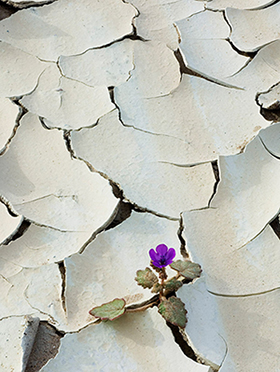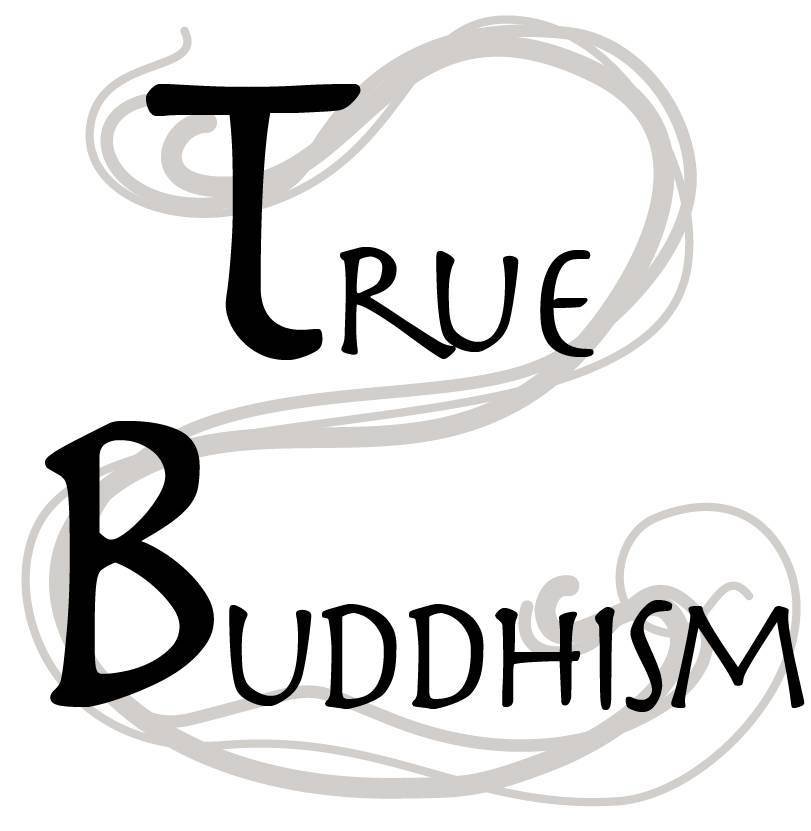Since I have totally recovered from a money problem, and depression since a young age has healed naturally through practising this True Buddhism, and more I heard about other practitioner’s amazing benefits, which recover from serious illness heavy debt and achieved much better life than before etc., what I heard and read about this Buddhism is actually the truth.
Every religious practitioner might have these positive experience I guess, but Daishonin said there are three elements that proof the teaching is correct or not, which is the existence of the written materials (Otherwise the teaching would be easily diverted), and the teaching has to make sense based on cause and effect, which is the universal rule life and universe strictly follows, and finally the real benefits through the commitment of the practice. The first two are important conditions to satisfied, which the most of the religion are not, but the third one, real benefits in our life is emphasised by Daishonin, as it’s the tangible proof that the teaching can fundamentally change our life positively.
Here, I leave some of the member’s experience of the recovery of their problems through True Buddhism practice. You might think these just happen to them but not for you, but everyone who commits to this practice has more or less the positive life experience without exception.

1. Overcoming “Incurable” Cancers
Despite the advanced state of modern medicine, many kinds of cancer continue to inflict stubbornly high rates of mortality. The following are stories of individuals diagnosed with hopeless final stage cancer who, to the amazement of their physicians, recovered completely cured of their illness. These cases are, indeed, actual proof of the immeasurable power of True Buddhism.
Terminal Stage Malignant Lymphoma: Overcome By Yoshiko Nakabayashi of Tokyo
In May 2005, I had a routine physical checkup in which it was discovered that I had haematological cancer called malignant lymphoma which had already progressed to Stage IV, namely, the terminal stage.
Cancer cells had already taken over approximately half of my body spreading from my lymph node system into my bone marrow and blood. Simply put, cancer cells were found everywhere in my body except for my brain. My condition was so advanced that I was unable to undergo surgery or radiotherapy. The only treatment available to me was the administration of anticancer agents and they were very unreliable. At that time my physician said to me, “I am very sorry to say this, but…” His loss for words conveyed to me that I didn’t have much time left.
As clarified by the teachings of Buddhism, my cancer was caused by my own negative karma and that is why, from the moment of my diagnosis, I began to recite the sutra and chant Nam-Myoho-Renge-Kyo as much as I could. I participated in as many Buddhist activities as possible, with the determination to accumulate enough good fortune to overpower this karmic illness.
A few days later, I was hospitalised. The treatment plan was for me to be given the maximum tolerable dose of many kinds of anticancer drugs. If positive results were obtained, new drugs would be added. This would constitute one treatment cycle. I was to receive this treatment regimen every three weeks with a total of eight cycles over a period of six months.
The next day, the first anticancer treatment was administered. I was told that when high doses of anticancer agents are given, patients usually suffer side effects including severe vomiting and organ damage requiring long-term hospitalisation. In my case, however, there were no notable side effects. I even had a healthy appetite.
The day after the treatment I was tested for any signs of damage to my heart, lung, liver, and kidney. The results confirmed that I had sustained no damage and that my body was in good condition. Telling me that from that day on I would be treated as an outpatient, my physician discharged me from the hospital after just three days. My doctor’s decision surprised me. A lady hospital janitor, with whom I had become close, was also happy for me. Having witnessed other patients’ experiences, she said to me, “I have never seen anyone who has been admitted to this cleanroom leave the hospital so quickly. It must have been a misdiagnosis in your case.”
Once out of the hospital, I verified my status and learned more about my illness. I learned that the lymphoma I had was of an incurable type. Even more than before, I dedicated my life to conquering my illness. I spent most of my time at home reciting the sutra and chanting the Daimoku, Nam-Myoho-Renge-Kyo.
Then, the anticancer drugs I had been given began to take effect. I experienced a dramatic decline in the number of cancer cells in my blood. The physician who was intently studying my lab data muttered to me with a vacant look, “The medicines are working, aren’t they?” When I heard this, I was so overwhelmed by the unfathomable power of Buddhism that I got goosebumps. When I completed the second cycle of treatment, the cancer cells that had invaded half of my blood were reduced to just two percent. I had reached the point where I could begin taking the next stage of treatment.
To my astonishment, the new medicines started to work so well that results from my blood tests returned to within normal parameters. My blood had become practically no different from that of an ordinary person. Surprised by the speed with which my treatment was improving my condition,
my physician confided to me, “I wonder why everything is going so well… if things go on like this, you really will get over this illness!”
My doctor had accidentally revealed his true feelings. He had been treating me with the belief that I would never get better.
Another benefit I feel grateful for is that the drug side effects were incredibly mild. Although my work hours were reduced, I was able to continue working uninterrupted except for actual treatment days.
Following the completion of six months of therapy, I underwent thorough medical examinations. It was confirmed that all of the tumour masses previously present in my lymph nodes had completely disappeared. Moreover, the cancer cells in my bone marrow and blood had also been 100% eliminated. In spite of the fact that 2
I had been stricken with terminal cancer, I was able to overcome my illness, even as I continued to lead an ordinary life.
Without damaging or cutting a single part of my body, I have recovered my good health. At the time my illness was discovered, half of my bone marrow and blood had transformed into cancer cells.
It’s like I was cancer walking around. Even to me, it is almost unbelievable that I am still alive.
Words cannot express my deep appreciation of this Buddhism. I am living my life filled with gratitude every day.
Malignant Cirrhosis Gastric Cancer Healed Completely! By Tatsuhito Nakajima
In May 2002, when I happened to have a physical check-up, it was discovered that I had stomach cancer. Although the attending physician assured me that with the surgery I would get better, when speaking privately with my family, he confessed that my life could not be saved. He advised them to give up hope. His reason for speaking so darkly was that among the various kinds of cancer, my kind, cirrhosis’ carcinoma, had the lowest survival rate and the fastest pace of progression of all.
Although I was unaware of my true condition, having heard the word “cancer,” I had to take it seriously. I began to chant the Daimoku in my hospital room all day every day and just prior to the day of surgery, I made a pilgrimage to Head Temple Taisekiji.
Before surgery, the physician explained to me, “I will remove your entire stomach, resecting the gallbladder, spleen, and lymph nodes. This will be a major operation, which you will not tolerate without stamina.” Upon hearing his words, I fully realized for the first time how serious my situation was. Strangely, I was able to accept this reality in a calm manner.
The operation would normally take as long as 10 hours to complete, but in my case, it ended without mishap in seven hours.
Later, I was challenged by several obstacles. For instance, as a result of the surgery, the pancreas membrane became thinner, allowing leakage of pancreatic fluids. This led to the generation of pus, causing adhesions to the large intestine and diaphragm to develop and holes to appear. In the face of such difficulties, I maintained a strong belief in the power of Buddhism and was able to stay calm. With the proper procedures, my condition gradually improved.
After six months’ hospitalization, I achieved a complete cure and was discharged from the hospital. A half-year after that, I went back to work. Today, together with my family, I practice this Buddhism filled with the deepest appreciation for this faith.
